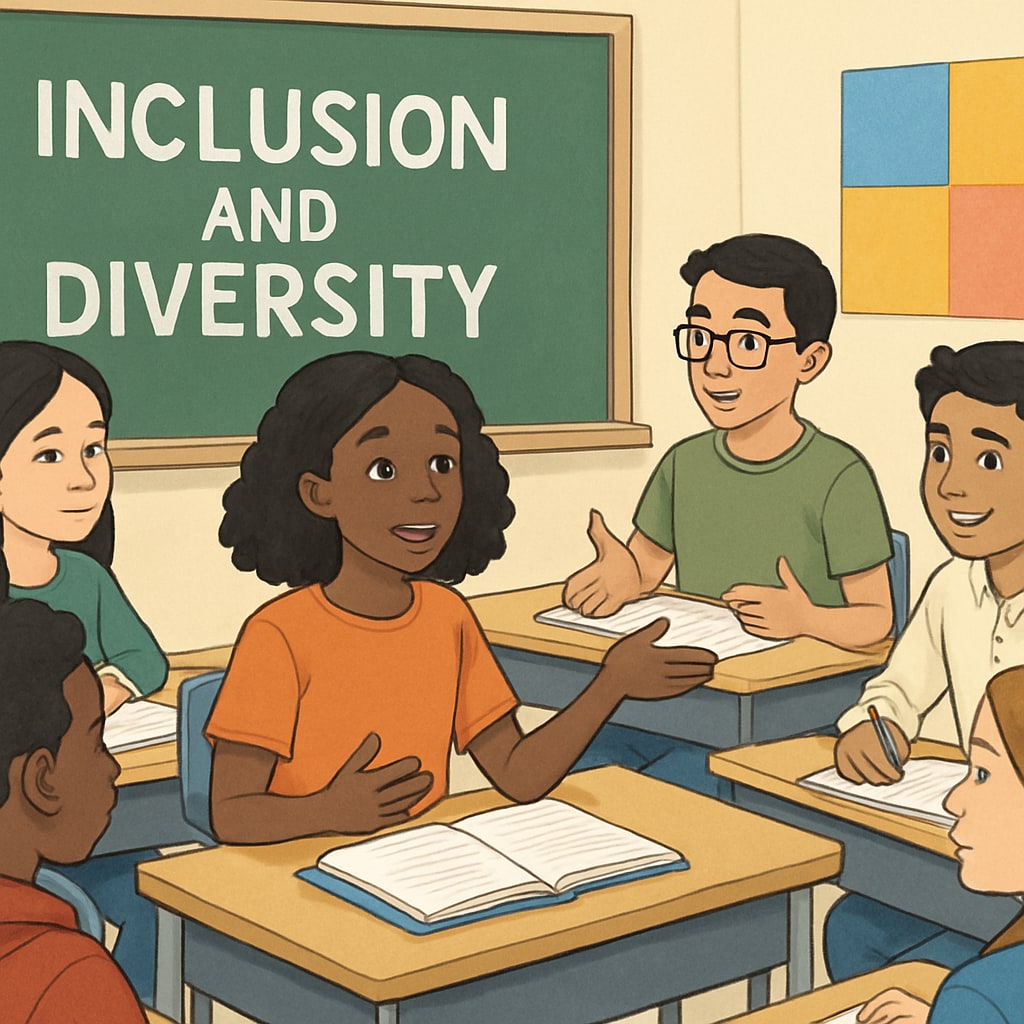In recent years, conservative organizations have increasingly used public records requests to scrutinize the content of diversity courses in universities. This growing trend, aimed at holding institutions accountable, is now extending its reach into K-12 education. The implications for school environments, curriculum development, and academic freedom are significant. As educators navigate these demands, the question remains: where should the line be drawn between public oversight and the protection of academic freedom?
How Public Records Requests Shape Educational Oversight
Public records laws, designed to ensure transparency, allow individuals and organizations to request access to government documents, including those related to public education. Conservative groups have utilized these laws to obtain information about diversity-related courses, arguing that taxpayers have the right to know what is being taught in public institutions. While this is a legitimate use of public records laws, it raises concerns about how such actions might impact the teaching of sensitive or controversial topics.
In higher education, these requests have often targeted courses focusing on race, gender, and social justice. For example, some groups have demanded syllabi, lecture notes, and even emails between faculty members discussing course content. Now, similar requests are being made to K-12 schools, where diversity, equity, and inclusion (DEI) initiatives are increasingly part of the curriculum. These efforts have sparked debates about whether such scrutiny constitutes necessary oversight or undue interference.

The Impact on K-12 Education: Balancing Freedom and Accountability
The extension of these public records requests to K-12 education has raised unique concerns. Unlike universities, where academic freedom is a well-established principle, K-12 educators often operate within stricter guidelines. Requests for information about diversity-related content in K-12 schools can lead to self-censorship among teachers who fear their lessons may be misinterpreted or politicized.
For instance, a teacher designing a lesson on the civil rights movement might worry that discussing systemic racism could attract public scrutiny. This fear can undermine the quality of education, as educators may choose to avoid potentially contentious topics altogether. Moreover, the administrative burden of responding to public records requests can divert resources away from teaching and learning.
To navigate these challenges, schools may consider the following strategies:
- Developing clear guidelines for handling public records requests to ensure transparency while protecting sensitive information.
- Providing professional development for teachers on how to address controversial topics in a balanced and factual manner.
- Engaging with parents and community members to build trust and understanding around diversity-related curricula.

Protecting Academic Freedom in a Politicized Environment
Academic freedom is a cornerstone of effective education, allowing teachers to explore complex issues and encourage critical thinking. However, in the current politicized environment, this freedom is increasingly under threat. The scrutiny of diversity courses often reflects broader cultural and political debates, making it essential to protect educators from undue pressure.
One potential solution involves fostering greater transparency while also setting boundaries to protect academic integrity. For example:
- Schools could make general curriculum outlines publicly available without disclosing specific teaching materials that might be taken out of context.
- Legislators could establish limits on the scope of public records requests to prevent “fishing expeditions” that hinder educational efforts.
- Professional organizations could advocate for policies that balance accountability with the need for academic freedom.
Ultimately, the goal should be to promote open dialogue and mutual understanding between educators, policymakers, and the public. By working together, stakeholders can ensure that diversity education remains a valuable part of the curriculum while addressing legitimate concerns about transparency.
Conclusion: Striking the Right Balance
The growing use of public records requests to examine diversity courses highlights the tension between academic freedom and public accountability. While transparency is essential, it should not come at the expense of educators’ ability to teach honestly and effectively. For K-12 schools, this means finding ways to address public concerns without compromising the integrity of the educational process. By fostering collaboration and setting clear guidelines, schools can navigate this complex issue and continue to prepare students for a diverse and interconnected world.
Readability guidance: This article uses short paragraphs, active voice, and clear transitions to enhance readability. Lists are included to summarize key points, and passive voice is minimized to maintain clarity.


